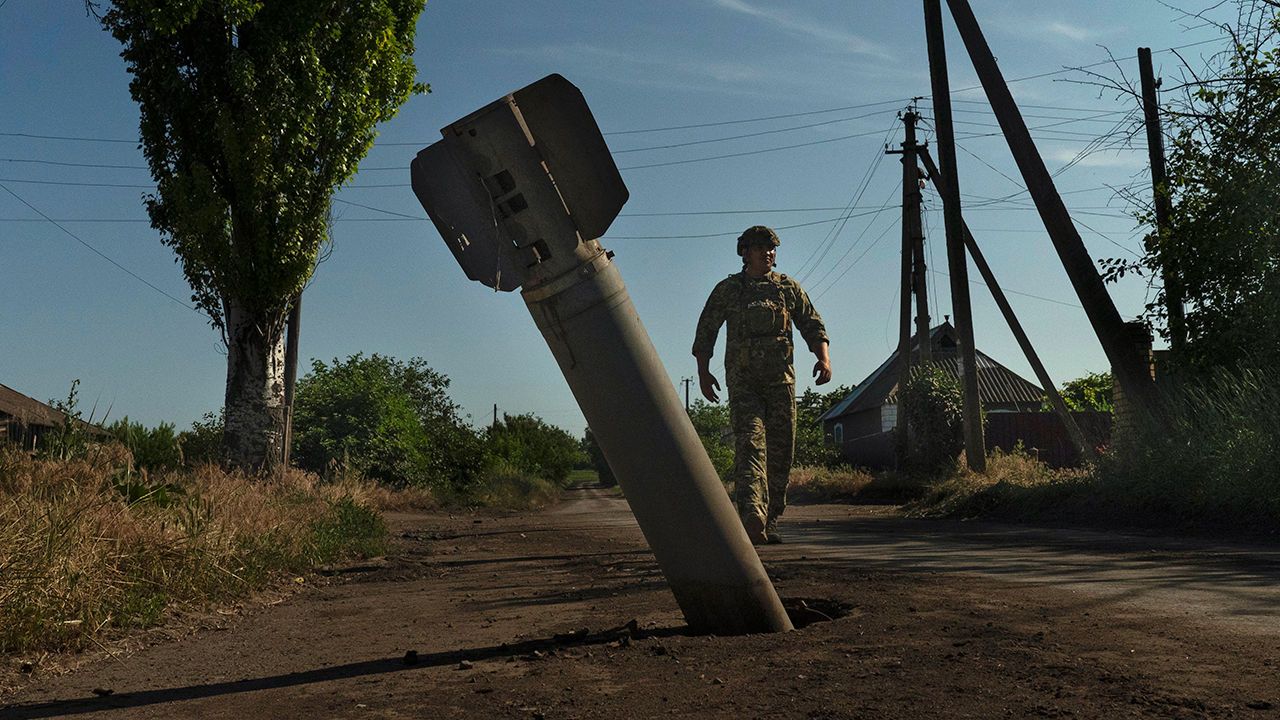How Ukraine’s new tech foils Russian aerial attacks
It is pioneering acoustic detection, with surprising success

ONCE RUSSIA’S full invasion got rolling on February 24th 2022, Ukraine’s prospects for defending its airspace looked poor. The country’s radar coverage was patchy even before its radar stations came under attack, and many incoming drones and cruise missiles were flying too low to be spotted by stations still standing.
War, however, can spur innovation. Four days after the invasion began, a group of ambitious Ukrainian techies formed an outfit called Technari to develop an alternative system, known as ePPO, for detecting and tracking Russian aerial attacks. Gennady Suldin, a co-founder, describes it as “human radar”. Consisting of a smartphone app and an artificial-intelligence (AI) model, it allows verified Ukrainian citizens to report flying objects they see or hear with the push of a button.
Explore more
This article appeared in the Science & technology section of the print edition under the headline “Hey, what’s that sound?”
More from Science and technology

The deep sea is home to “dark oxygen”
Nodules on the seabed, rather than photosynthesis, are the source of the gas

Augmented reality offers a safer driving experience
Complete with holograms on the windscreen

Clues to a possible cure for AIDS
Doctors, scientists and activists meet to discuss how to pummel HIV
AI can predict tipping points before they happen
Potential applications span from economics to epidemiology
Astronomers have found a cave on the moon
Such structures could serve as habitats for future astronauts
H5N1 avian flu could cause a human pandemic
Existing immunity and vaccines may soften its severity
